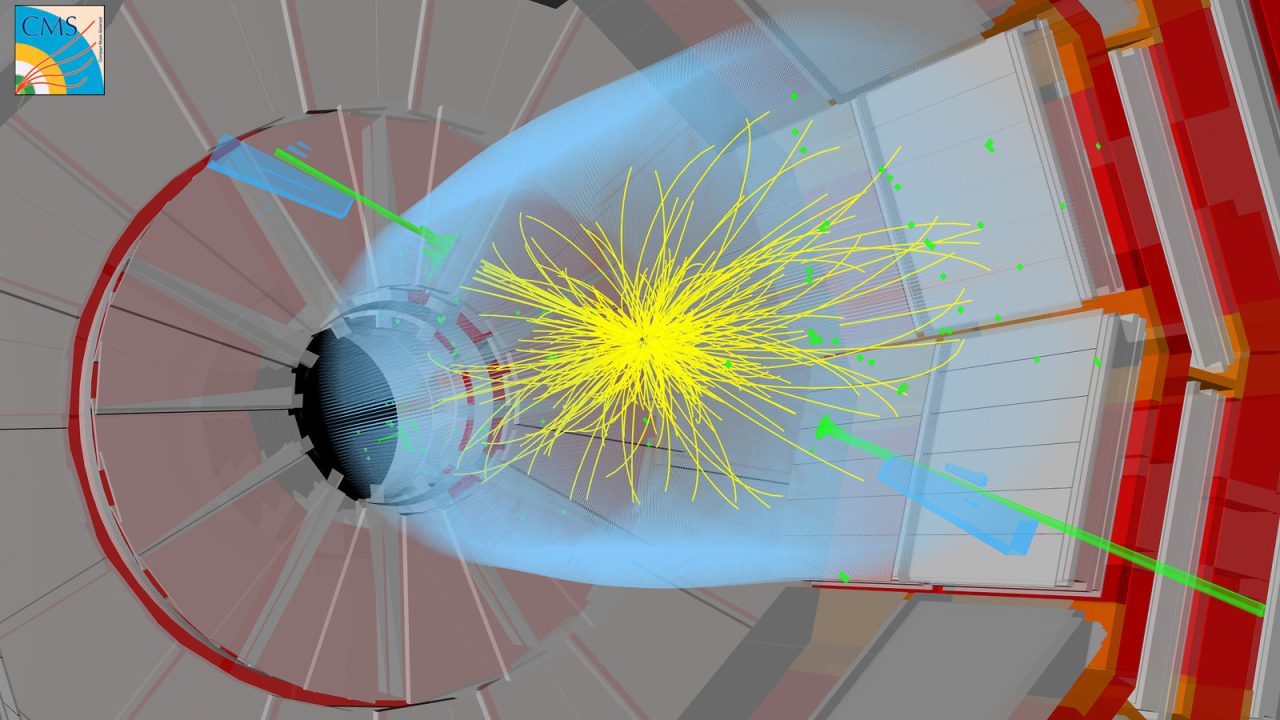As the Large Hadron Collider (LHC) gears up to accelerate the study of particle physics, it faces a tidal wave of data from high-energy collisions. With the imminent increase in collision frequency, preserving integrity while managing the overflow requires innovative solutions. Enter machine learning, a critical ally for physicists in transforming vast, raw data into meaningful insights. This blog delves into how advanced AI technologies are essential for unlocking the next milestones in particle physics.
The Challenge of Increasing Data Volume
The LHC has revolutionized our understanding of the universe since its inception. With protons colliding at near light speeds within massive detectors, scientists have previously gleaned valuable insights from dozens of collisions. However, thanks to ongoing upgrades to the collider’s magnetic systems, experts anticipate that the volume of data will increase by an astonishing order of magnitude. In essence, instead of dozens, it could be hundreds of collisions producing a fountain of particles that need analysis.
The Role of Machine Learning
As the amount of data surges, traditional methods of data analysis are simply too slow to keep pace. This is where machine learning comes into play. By utilizing algorithms specifically trained to detect patterns within large datasets, researchers can efficiently sort through the noise to identify significant events. This approach has already proven successful in various fields, including healthcare and astronomy, and is now being adapted for particle physics.
The Competitive Edge: TrackML Challenge
To invigorate the application of AI within this realm, CERN has initiated the TrackML challenge. This competition invites physicists and data scientists to download massive datasets from collider experiments and train machine learning models on them. With a modest prize pool of $25,000, participants stand to gain recognition while contributing to fundamental research. The competition is hosted on Kaggle, making it accessible and encouraging collaboration among talented individuals. Importantly, submissions will be open-sourced, promoting the free exchange of ideas without commercial constraints.
Global Collaboration and Innovation
One of the most inspiring aspects of the TrackML challenge is its ability to foster community engagement across diverse backgrounds. Data scientists from various sectors can lend their expertise to the field of particle physics, which traditionally operates within a confined academic scope. This collaboration could yield groundbreaking AI enhancements that could elevate scientific inquiry. As a participant, not only do you challenge yourself, but you also contribute potentially transformative techniques to a discipline that is continuously evolving.
Conclusion: The Path Forward
Machine learning is not merely a tool for particle physicists; it represents a pivotal shift in how science can harness data for discovery. As the LHC initiates this unprecedented volume of data collection, the integration of AI technologies becomes key to navigating the intricacies of the universe’s building blocks. This intersection of particle physics and machine learning is a powerful testament to the future of scientific exploration.
At fxis.ai, we believe that such advancements are crucial for the future of AI, as they enable more comprehensive and effective solutions. Our team is continually exploring new methodologies to push the envelope in artificial intelligence, ensuring that our clients benefit from the latest technological innovations. For more insights, updates, or to collaborate on AI development projects, stay connected with fxis.ai.

